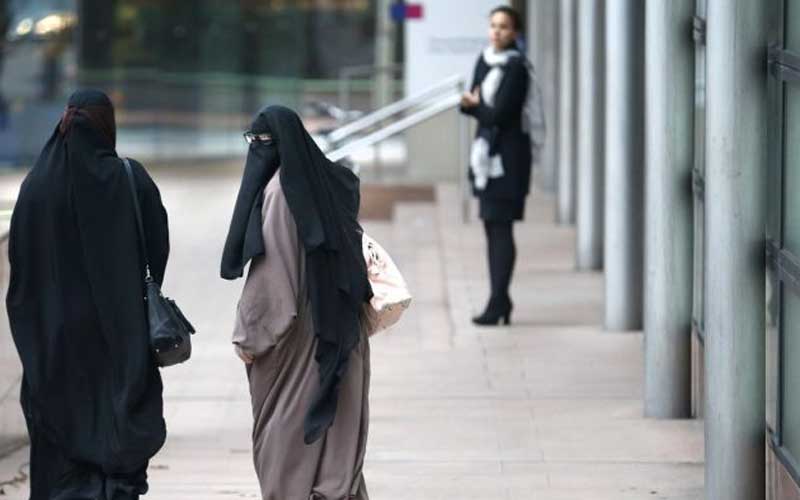RIYADH: After a historic leap of relaxing the guardianship law that allows the women to travel abroad without permission, a few other momentous decisions regarding women have come about in the kingdom of Saudi Arabia.
Gender Equality
With regard to the Ministry of Labor and Social Development regulations, according to a report in the Saudi Gazette, the authorities concerned has made a decision to treat the male and female workers at an equal level in the Kingdom.
Both the men and the women will now be considered as workers/people working for an employer and under his or her management and supervision in return for a wage, even if they are not within sight.
This particular amendment in the labour regulation stressed that “it is not allowed to discriminate between workers on the basis of gender, disability, age or any other forms of discrimination whether in work, employment or advertising on the vacancy.”
Retirement Age Rule
Apart from this, the retirement age rule- 60 years for men and 55 years for women was also nullified.
Contrary to the earlier regulation, the amendments also forbid the employers from terminating the services of the female employees or issuing them the notices of dismissal from the jobs because of pregnancy or delivery.
The new amendments also forbids the employer of sacking the female worker due to illness related to pregnancy or delivery on a condition that it should be proved by an attested authentic medical report and the employee’s absence from work should not be over a 180 days annually- whether continuous or intermittent.
No Guardianship
Saudi Arabia’s easing of travel restrictions on women was hailed in the kingdom Friday as a historic leap for gender equality, but it also drew anger from hardliners backing contentious male “guardianship” rules.
The Muslim kingdom announced it was effectively allowing women over the age of 21 to obtain passports and travel abroad without securing the permission of their “guardians” — husband, father or other male relatives.
The reform, which also covers civil rights such as allowing women to register childbirth, marriage or divorce, does not dismantle but diminishes the guardianship system that has long been a symbol of repression against women.
The reform, which grants women greater autonomy and mobility, comes as the petrostate reels from low oil prices and seeks to boost employment opportunities for women — currently facing high joblessness.
(With inputs from AFP)

